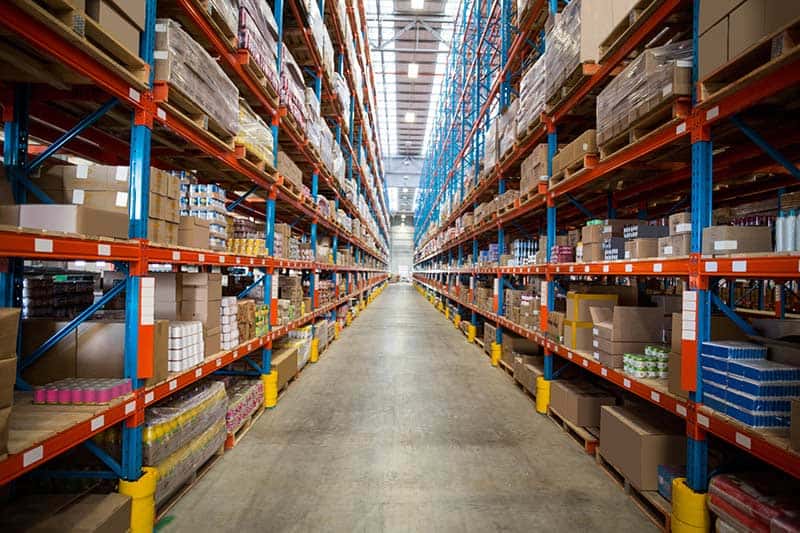In the ever-evolving landscape of logistics, the paradigm has shifted from mere storage and transport to the realm of crafting dynamic environments that seamlessly adapt to the demands of a rapidly changing world. Gone are the days when logistics merely meant moving goods from point A to point B and storing them in static warehouses. Today, it is about orchestrating a symphony of interconnected processes, leveraging cutting-edge technology and innovative strategies to optimize efficiency and responsiveness. Dynamic logistics environments are built upon a foundation of real-time data and analytics. The integration of Internet of Things IoT devices, sensors, and advanced tracking systems allows for a continuous flow of information, providing unprecedented visibility into the entire supply chain. This wealth of data serves as the lifeblood of dynamic logistics, empowering decision-makers to anticipate disruptions, optimize routes, and enhance overall operational agility.

Automation plays a pivotal role in shaping the dynamic logistics landscape. From robotic process automation in warehouses to autonomous vehicles on the road, the industry is embracing technology to streamline processes and reduce human error. The result is a logistics ecosystem that operates with unparalleled precision and speed. Drones soar through the skies, delivering packages with unprecedented efficiency, while autonomous trucks navigate the roads, minimizing delays and maximizing fuel efficiency. Machine learning algorithms further elevate the intelligence of dynamic logistics environments. These algorithms analyze historical data, predict future trends, and continuously adapt to changing conditions. Whether it is forecasting demand, optimizing inventory levels, or dynamically adjusting delivery routes based on real-time traffic data, machine learning brings a level of adaptability that was previously unimaginable.
Collaboration and connectivity are the cornerstones of dynamic logistics. In an interconnected world, logistics providers, manufacturers, suppliers, and retailers collaborate seamlessly through digital platforms. This interconnectedness enables real-time communication and coordination, fostering a level of collaboration that transcends traditional boundaries. The result is a supply chain that operates as a unified and responsive network, able to navigate the complexities of global trade with ease. Environmental sustainability haulage companies Birmingham is also a driving force in the evolution of dynamic logistics. From electric vehicles to eco-friendly packaging solutions, the industry is embracing a green revolution. Dynamic logistics environments are not only efficient and responsive but also mindful of their ecological footprint, contributing to a more sustainable and environmentally conscious future. the era of dynamic logistics goes beyond the rudimentary notions of storage and transport. It signifies a transformative shift towards an interconnected, intelligent, and sustainable ecosystem. By embracing technology, data-driven decision-making, and a collaborative mindset, the logistics industry is crafting environments that not only meet the demands of today but also pave the way for a more resilient and agile future.